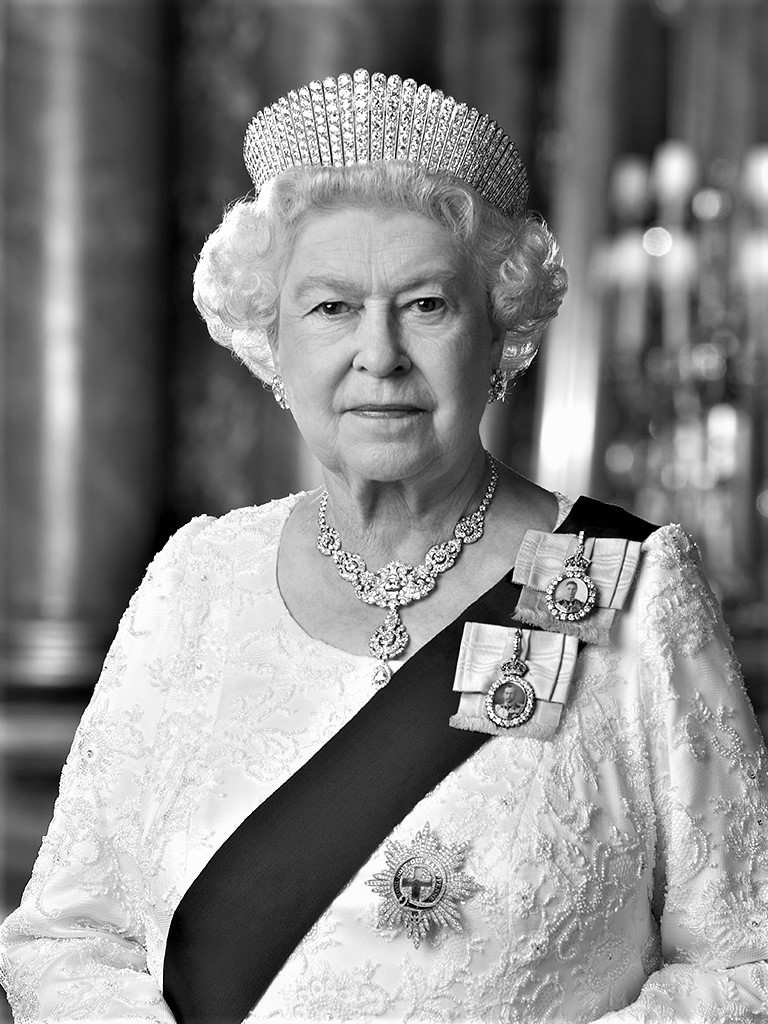You will be carefully positioned when you are asleep for your operation.
Very occasionally one of your nerves may be stretched or compressed which may lead to numbness, pain or muscle weakness.
These symptoms usually get better within minutes or hours but can occasionally last longer or even be permanent.
To reduce this risk, we try to position you in a way that avoids stretching limbs and nerves as much as possible and padding any areas that are vulnerable to damage.
Permanent nerve injury is very uncommon (1 in 1000 patients).
RCoA 'Nerve damage associated with an operation after general anaesthetic'
Rare complications
1. Nerve damage under general anaesthetic
2. Nerve damage after spinal, epidural injection or nerve block
For certain types of operation, the anaesthetist may suggest that you have a spinal or epidural anaesthetic or a nerve block.
Nerve damage is a rare complication of these techniques (less than 1 in 1000 for temporary injury and 1 in 5000 for a permanent effect).
Symptoms can be an area of pins and needles, pain or muscle weakness.
Most people make a full recovery within a few days or weeks and permanent damage (lasting more than 3 months) is very rare.
RCoA 'Nerve damage associated with a spinal or epidural injection'
RCoA 'Nerve Damage associated with a peripheral nerve block'
Nerve damage is a rare complication of these techniques (less than 1 in 1000 for temporary injury and 1 in 5000 for a permanent effect).
Symptoms can be an area of pins and needles, pain or muscle weakness.
Most people make a full recovery within a few days or weeks and permanent damage (lasting more than 3 months) is very rare.
RCoA 'Nerve damage associated with a spinal or epidural injection'
RCoA 'Nerve Damage associated with a peripheral nerve block'
3. Confusion and memory loss
A brief period of mild confusion is not uncommon after a general anaesthetic but only usually lasts a few minutes or hours.
Occasionally, this period of confusion may last longer for up to a couple of days, but it will settle. Less commonly, you may have problems with memory, concentrating and decision making after an operation.
You are more at risk of this if you are older, already have problems with memory or dementia, have multiple medical conditions or are having a long complicated operation.
RCoA 'Becoming confused after an operation'
Occasionally, this period of confusion may last longer for up to a couple of days, but it will settle. Less commonly, you may have problems with memory, concentrating and decision making after an operation.
You are more at risk of this if you are older, already have problems with memory or dementia, have multiple medical conditions or are having a long complicated operation.
RCoA 'Becoming confused after an operation'
4. Kidney damage
Occasionally your kidneys may not work as well as normal after your operation.
This is more likely if you already have kidney disease or are having a big operation. The medical team will keep a close eye on your kidney function after your operation to try and avoid this problem.
This is more likely if you already have kidney disease or are having a big operation. The medical team will keep a close eye on your kidney function after your operation to try and avoid this problem.
5. Serious but rare complications
There are some serious but rare complications of undergoing anaesthesia and surgery.
These include heart attack, stroke, severe allergic reaction and death.
These risks become greater if your general health is poor, especially if you have serious heart or lung disease and you are having complicated major surgery.
If you are at risk of any of these complications, your anaesthetist will speak to you about this when they meet you before your surgery.
Please follow this link if you would like more information about the rare complications of anaesthesia.
These include heart attack, stroke, severe allergic reaction and death.
These risks become greater if your general health is poor, especially if you have serious heart or lung disease and you are having complicated major surgery.
If you are at risk of any of these complications, your anaesthetist will speak to you about this when they meet you before your surgery.
Please follow this link if you would like more information about the rare complications of anaesthesia.
6. Awareness under General Anaesthesia
Awareness under anaesthetic occurs if you become aware of what is happening during a general anaesthetic and can remember things that happened.
This is very uncommon (occurring in less than 1 in 20,000 general anaesthetics) but can be very distressing.
Your anaesthetist continuously monitors you closely throughout your surgery to reduce the risk of this happening.
If you are worried about this, please speak to your anaesthetist.
RCoA 'Accidental Awareness During General Anaesthesia'
This is very uncommon (occurring in less than 1 in 20,000 general anaesthetics) but can be very distressing.
Your anaesthetist continuously monitors you closely throughout your surgery to reduce the risk of this happening.
If you are worried about this, please speak to your anaesthetist.
RCoA 'Accidental Awareness During General Anaesthesia'

